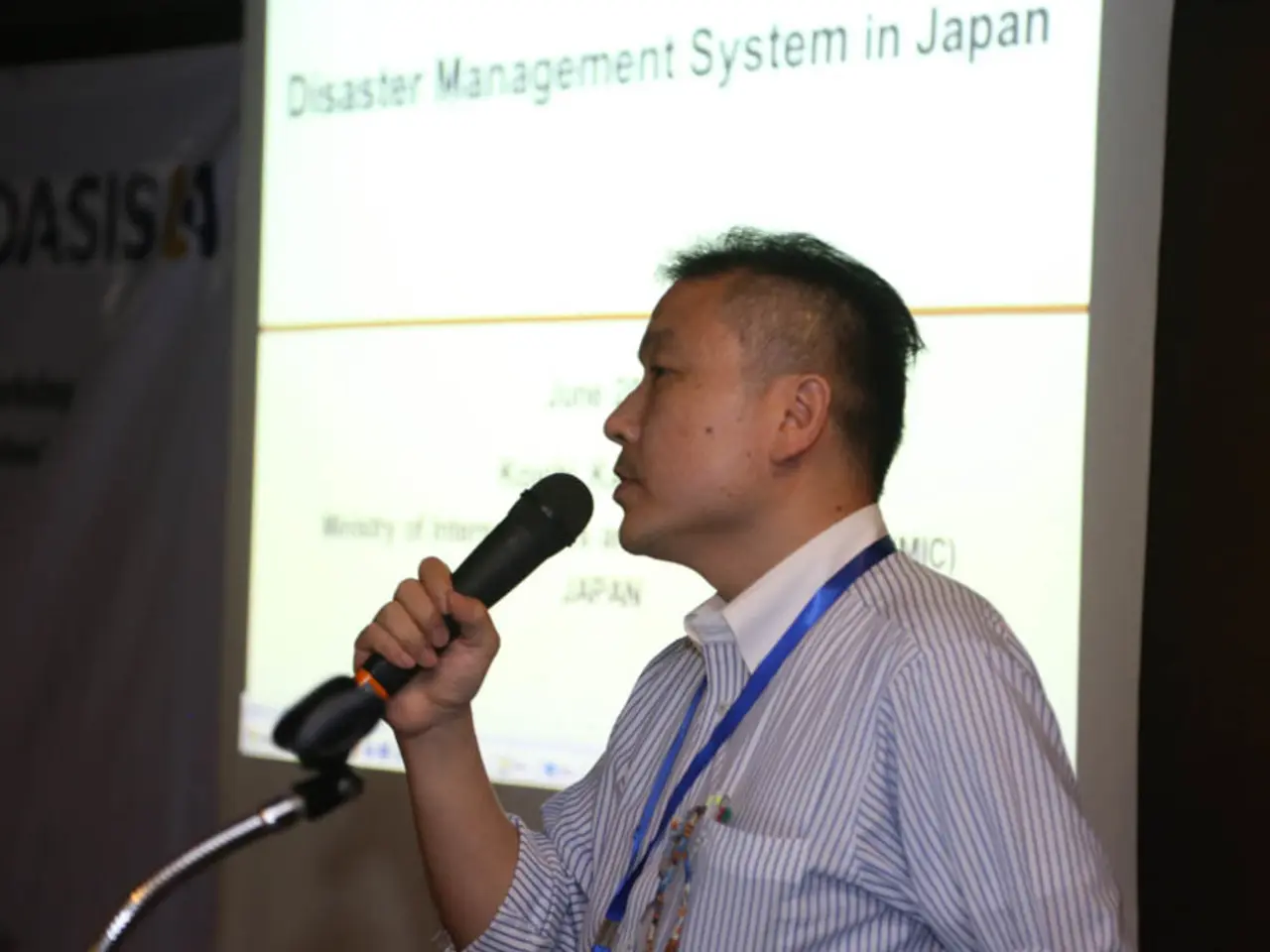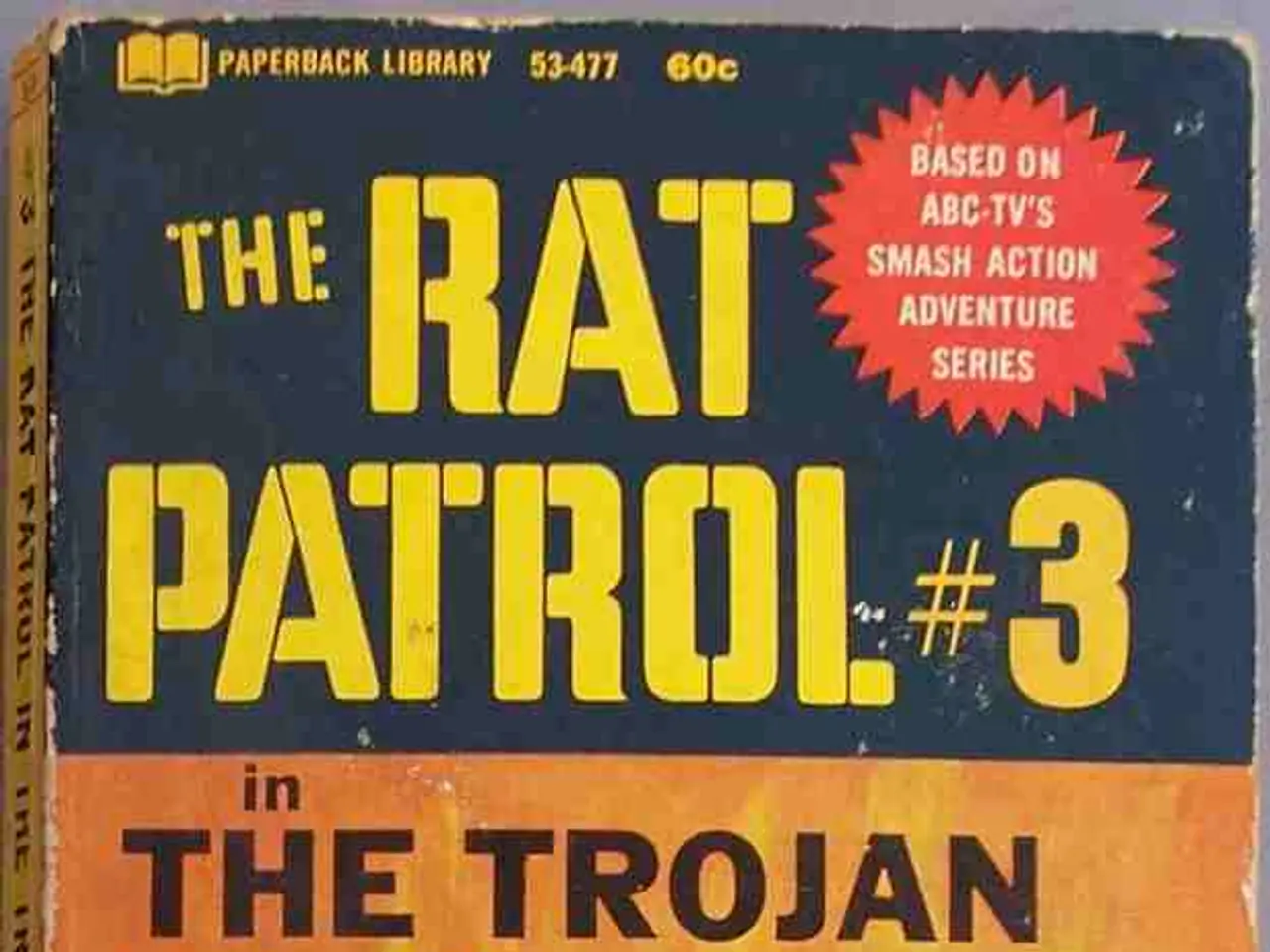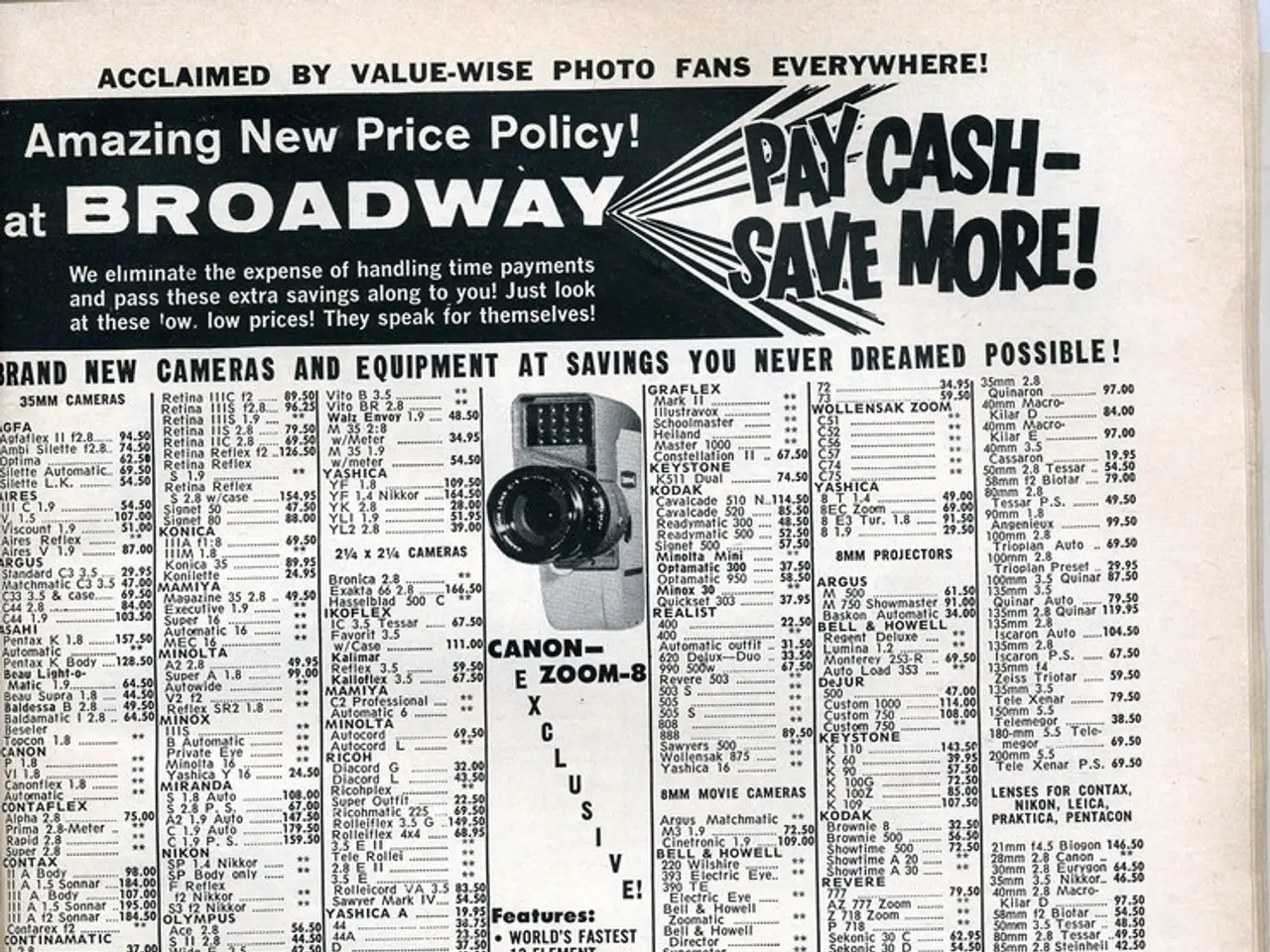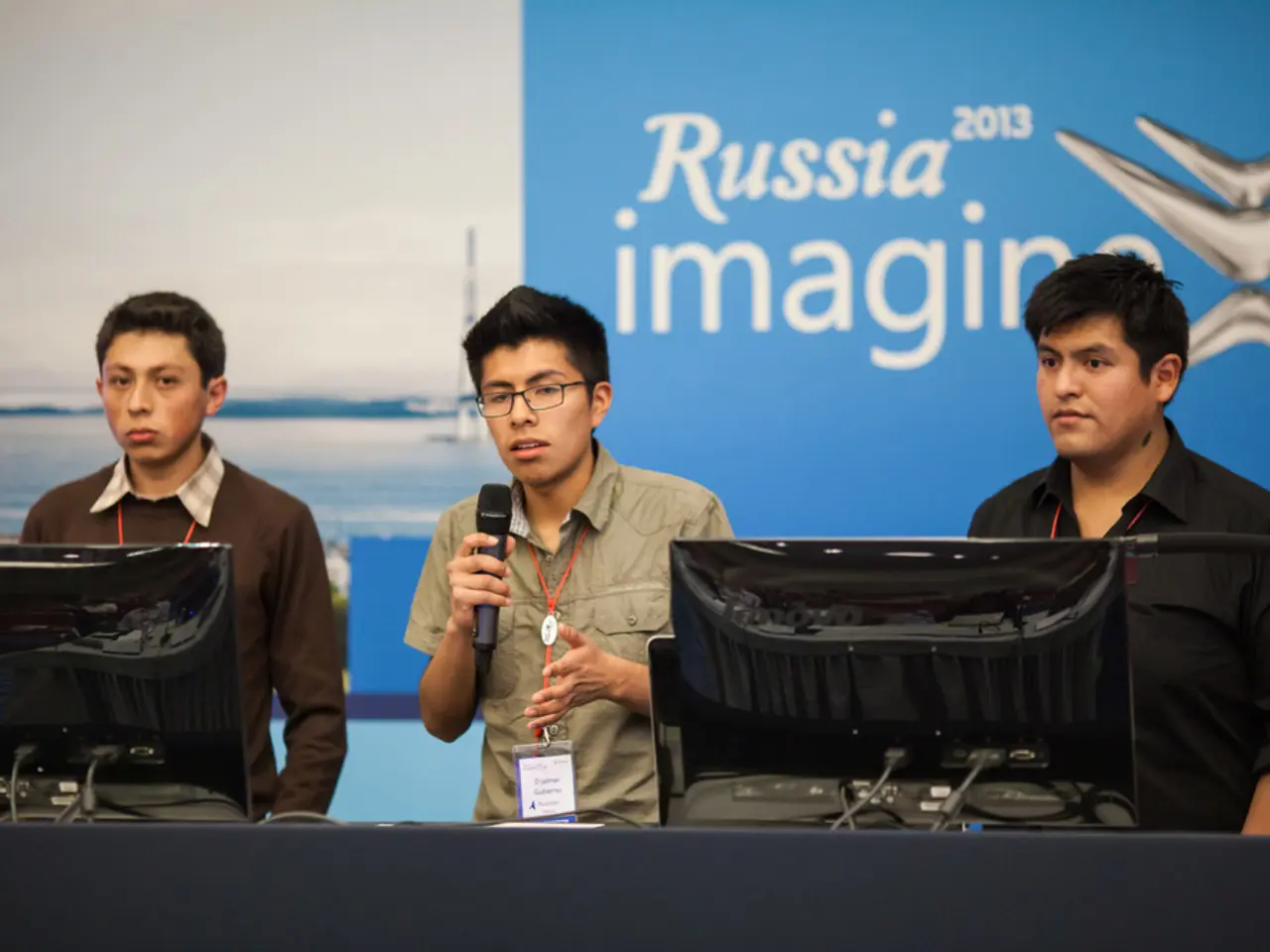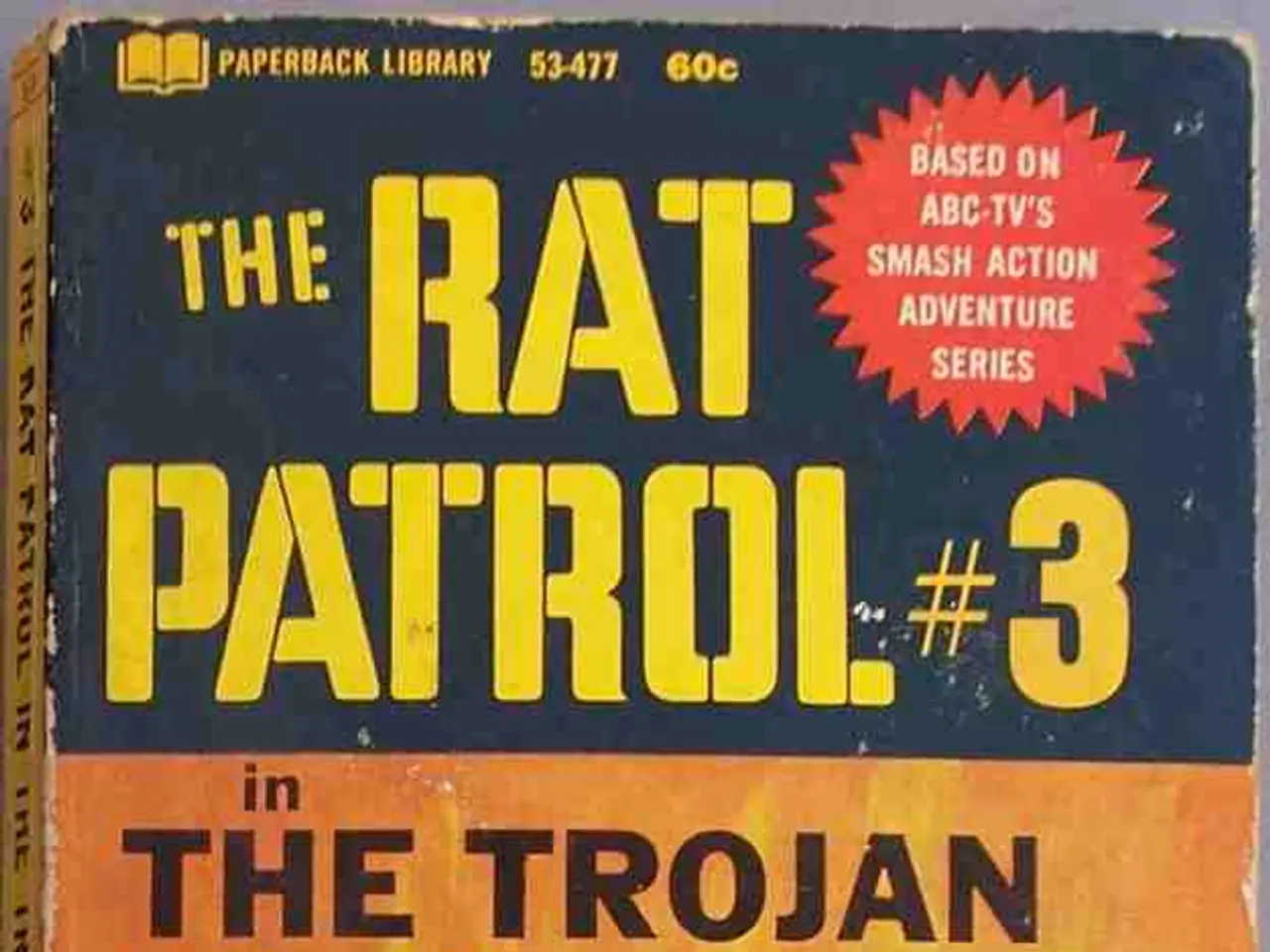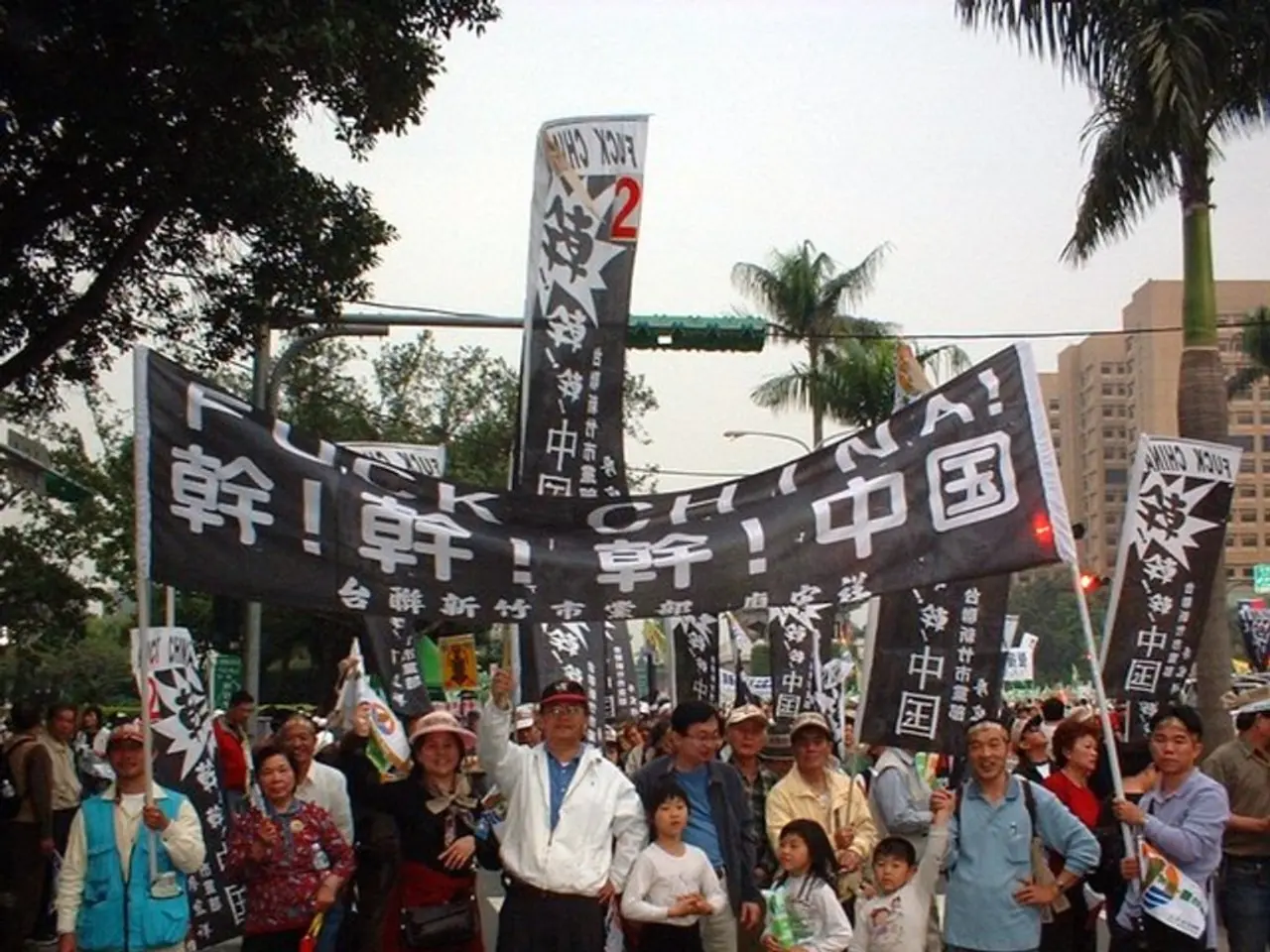Japan's Transition from Aggressor to Victim: The Hiroshima-Nagasaki Bombings
In the aftermath of World War II, the world found itself at a crossroads, grappling with the consequences of nuclear weapons and the actions of imperial Japan. Tsuyoshi Hasegawa, emeritus professor of history at the University of California, Santa Barbara, has been a leading voice in examining these complex issues.
During the Cold War, the leaders of the United States and the Soviet Union, notably Donald Trump and Vladimir Putin, held a "very healthy" understanding of the inherent dangers of a nuclear confrontation. This foresight, however, seems to be lacking in the current context, as each country holds approximately 5000 nuclear warheads, potentially placing the world in a more dangerous situation than during the Cold War. Hasegawa believes that the use of hydrogen bombs, more powerful than atomic bombs, should also be considered a war crime.
The use of atomic weapons against Japanese civilians transformed Japan's collective memory, shifting the country's status from aggressor to victim. On August 6, 1945, the United States dropped the first atomic bomb on Hiroshima, followed by a second on Nagasaki three days later. These devastating attacks left an indelible mark on Japan, altering its national narrative and identity.
While the Tokyo War Crimes Tribunal and other Allied trials prosecuted many Japanese military leaders, Emperor Hirohito himself was shielded from prosecution. Maintaining Hirohito on Japan’s throne after World War II significantly influenced Japan’s limited acknowledgment of its wartime atrocities. Hirohito ratified key military directives that facilitated Japanese war crimes, such as the August 5, 1937, endorsement removing international law constraints on prisoner treatment, which led to widespread atrocities like the Nanjing Massacre.
This retention of the emperor’s position symbolized continuity with the pre-war regime, discouraging a full institutional reckoning and contributing to postwar Japan’s national narrative that tended to understate or avoid full acknowledgment of imperial aggression and war crimes. For instance, while many senior and mid-level military officers faced trials, the Japanese military and security institutions, intertwined with the emperor’s authority, often escaped thorough institutional condemnation.
The United States was mainly concerned with limiting the growing influence of the USSR in Asia during and after World War II. This strategic concern led to the decision to ensure that Hirohito was not tried as a war criminal, perpetuating the myth that he was a peaceful person. Yuki Tanaka, emeritus professor of history at the Hiroshima Peace Institute, states that the Japanese people have not acknowledged that Japan waged an aggressive war and committed numerous atrocities in the Asia-Pacific region.
From the 1930s, imperialist Japan had launched a series of brutal expansionist campaigns to increase its dominance and influence in Asia. This history, coupled with the limited acknowledgment of wartime atrocities, continues to shape Japan's postwar memory and war responsibility, making it central to ongoing historical debates.
Environment Canada has issued a severe thunderstorm watch, warning of heavy rain and wind gusts starting tonight. As we navigate these contemporary challenges, it is crucial to remember and learn from the lessons of the past, ensuring that we avoid repeating the mistakes of the past and building a safer, more peaceful future for all.
[1] Iriye, Akira. The Origins of the Cold War in Asia: A Contemporary Overview. Columbia University Press, 2009. [2] Tanaka, Yuki. Japan's Comfort Women: Sexual Slavery and Prostitution during World War II and the U.S. Occupation. Columbia University Press, 1994. [3] Hasegawa, Tsuyoshi. Racing the Enemy: Stalin, Truman, and the Surrender of Japan. Belknap Press of Harvard University Press, 2005. [4] Dower, John W. Embracing Defeat: Japan in the Wake of World War II. W.W. Norton & Company, 1999.
- The use of nuclear weapons during World War II has had lasting effects on global politics, culture, and general news, shaping Japan's national identity, influencing diplomatic moves post-war, and remaining a central topic in the ongoing historical debates about war responsibility.
- In the current context, with multiple countries possessing thousands of nuclear warheads, Hasegawa, a leading historian, insists that the use of hydrogen bombs, a war crime according to his belief, should also be considered in the broader discussion about nuclear proliferation and potential threats to global peace.
